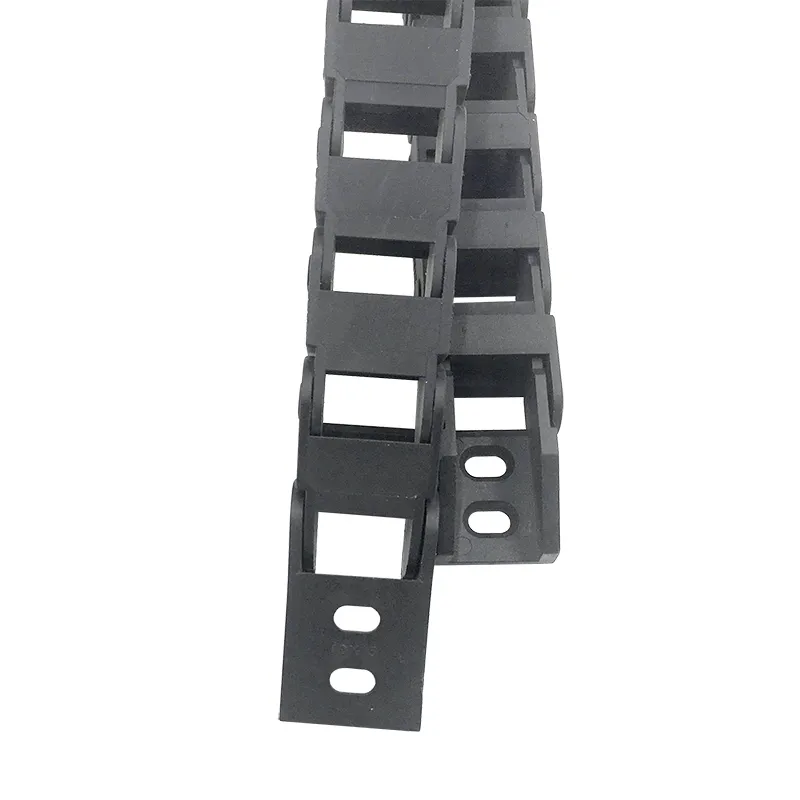corrugated conduit
Understanding Corrugated Conduit An Essential Element in Electrical Installations
Corrugated conduit is a versatile and durable solution widely used in electrical installations. Its unique construction allows for superior flexibility and protection, making it an essential component in various applications, from residential wiring to industrial settings. This article will delve into the features, benefits, and applications of corrugated conduit, illustrating its significance in modern electrical infrastructure.
What is Corrugated Conduit?
Corrugated conduit is a type of protective piping made from non-metallic materials, usually plastic, which has been molded into a series of ridges and grooves. This design provides a combination of flexibility and strength, allowing the conduit to bend around obstacles and fit into tight spaces without compromising its structural integrity. Common materials used in corrugated conduit include PVC (polyvinyl chloride) and HDPE (high-density polyethylene), both known for their resistance to corrosion and impact.
Key Features
One of the standout features of corrugated conduit is its flexibility. Unlike rigid conduit systems, corrugated conduits can easily navigate around corners and tight spaces, making them ideal for intricate wiring projects. This flexibility reduces the need for additional fittings and connectors, streamlining installation and saving time.
Moreover, corrugated conduits provide excellent protection for electrical wiring against physical damage, moisture, and various environmental factors. Their robust design safeguards the cables from wear and tear, extending the lifespan of the wiring and enhancing the overall safety of the electrical system.
Advantages of Using Corrugated Conduit
1. Ease of Installation The lightweight nature and flexibility of corrugated conduit make it easy to handle and install. Electricians can quickly cut the conduit to the desired length and shape it to fit the installation, significantly reducing labor time.
2. Durability The materials used in corrugated conduit are resistant to a wide range of chemicals, moisture, and temperature fluctuations, making them suitable for both indoor and outdoor applications. Their resilience ensures long-lasting performance even in harsh environments.
corrugated conduit

3. Safety Corrugated conduits offer a high level of safety for electrical installations. They protect wiring from physical damage and reduce the risk of electrical fires. Additionally, some types of corrugated conduits are designed to be flame-retardant, further enhancing safety.
4. Cost-Effectiveness Due to their durability and ease of installation, corrugated conduits often prove to be a cost-effective solution in the long run. They require less maintenance and replacement, reducing overall project costs.
Applications
Corrugated conduit is utilized in various applications where electrical wiring needs protection. Here are a few notable examples
- Residential Wiring In homes, corrugated conduits are often used to protect wiring in walls, attics, and basements, ensuring a safe and organized electrical system.
- Commercial Buildings In commercial settings, these conduits are commonly used in office buildings, factories, and retail spaces, where wiring needs to be protected from heavy foot traffic and potential damage.
- Industrial Applications Corrugated conduits are suitable for industrial environments where cables may be exposed to harsh chemicals, extreme temperatures, or heavy machinery.
- Underground Installations Due to their resistance to water and soil chemicals, corrugated conduits are often employed in underground electrical cabling, providing reliable protection against environmental factors.
Conclusion
In summary, corrugated conduit is an integral part of modern electrical installations, combining flexibility, durability, and safety. Its ability to protect wiring while accommodating complex installations makes it a preferred choice among electricians and builders. As the demand for efficient and safe electrical systems continues to grow, the role of corrugated conduit in various applications is likely to expand, further solidifying its place in the electrical industry. Whether in residential, commercial, or industrial settings, the significance of corrugated conduits cannot be overstated, representing a key innovation in electrical infrastructure.








